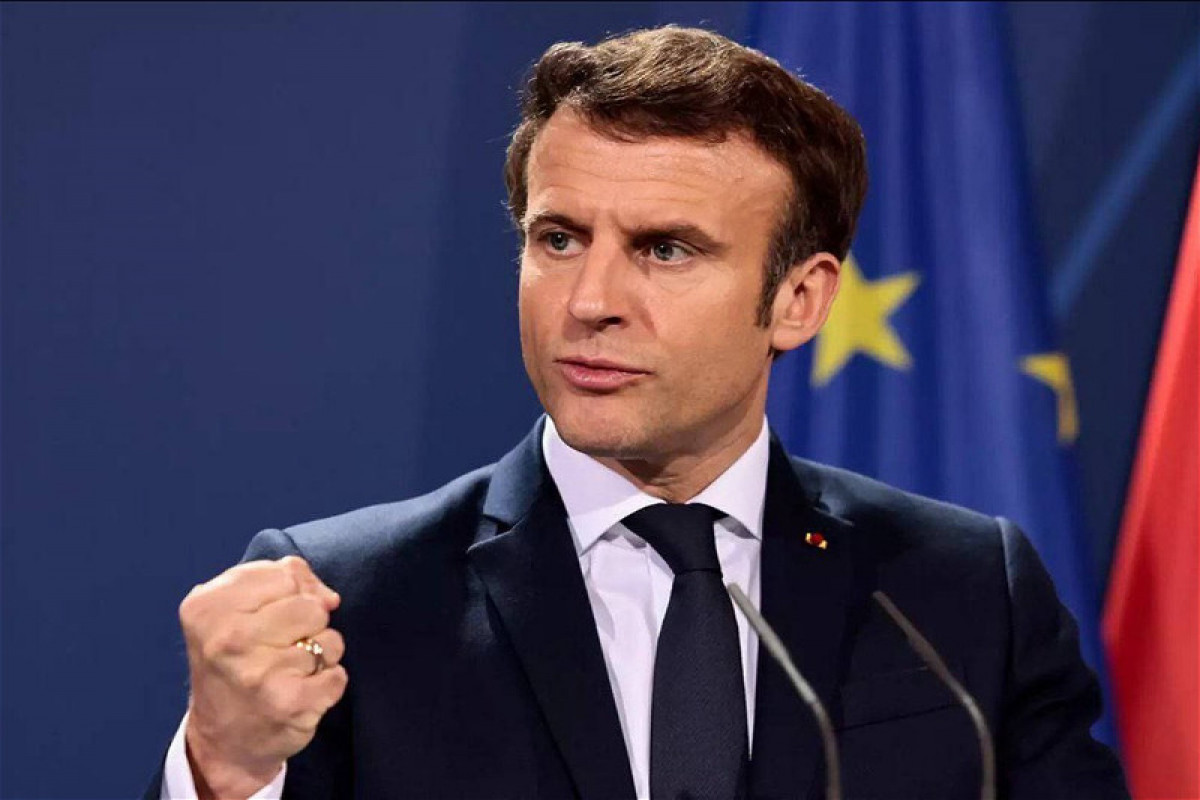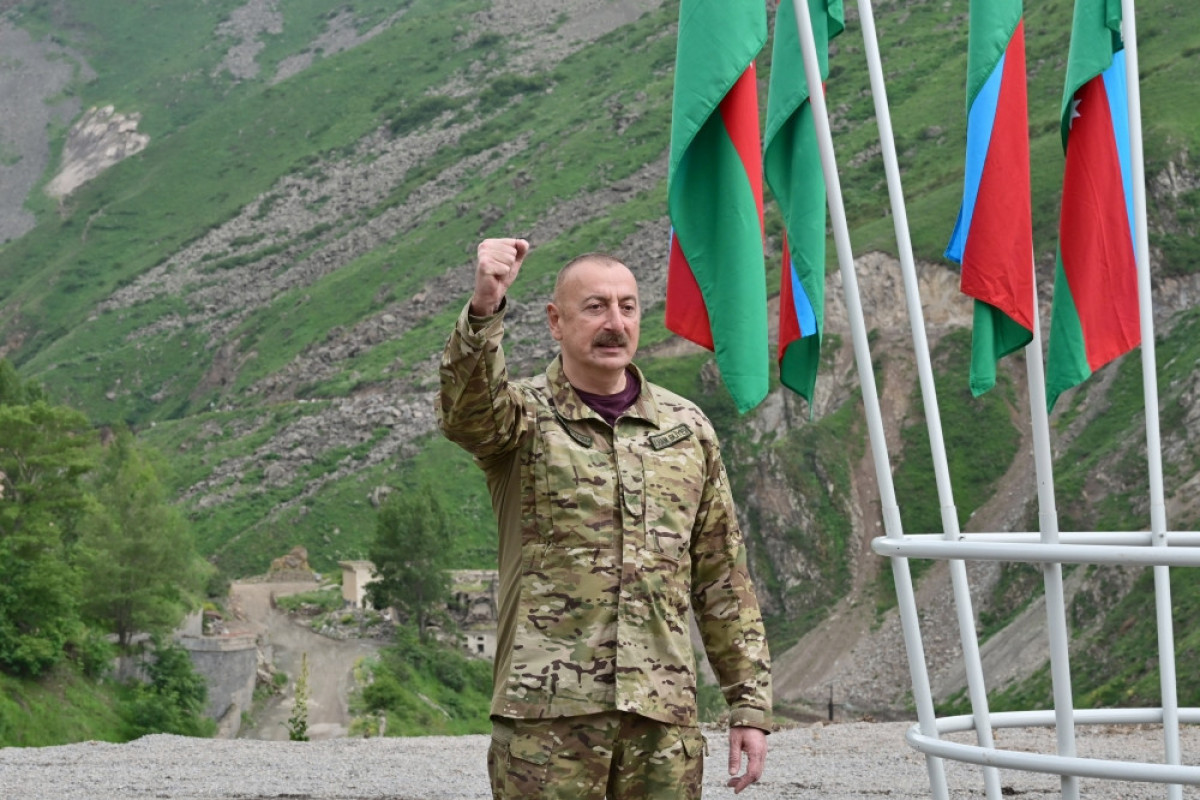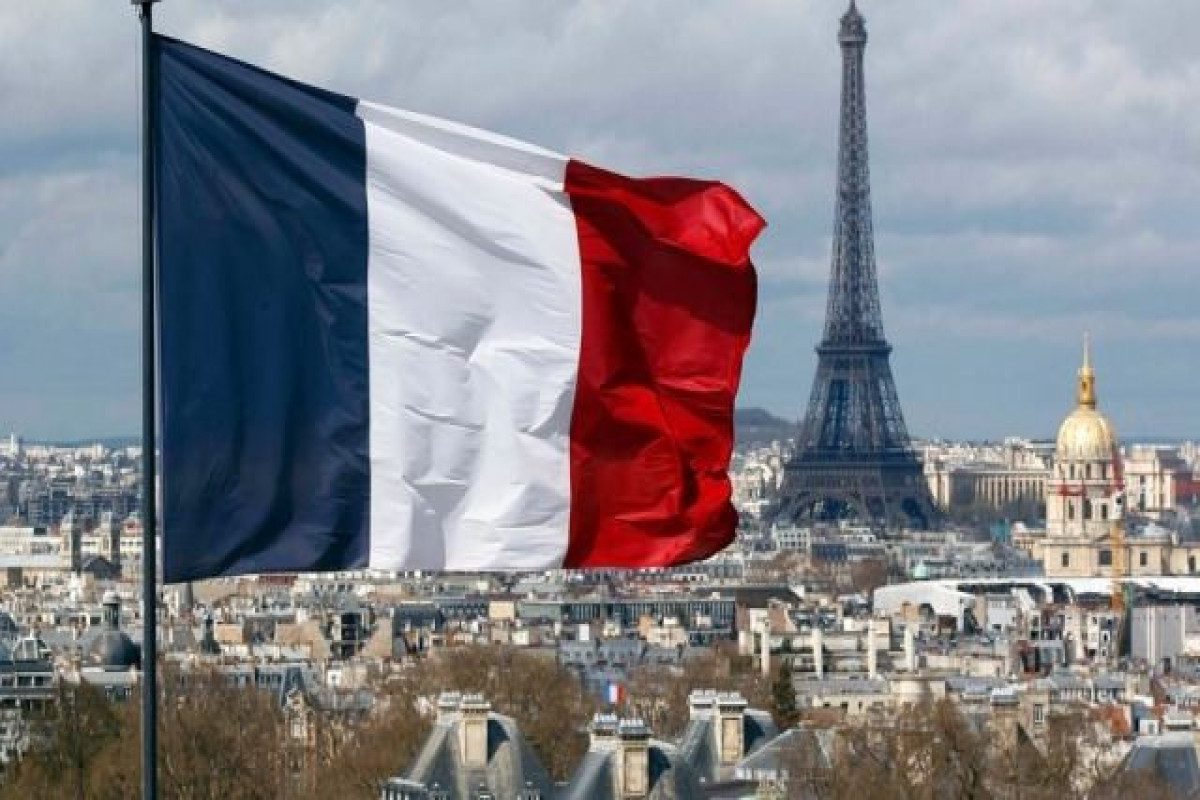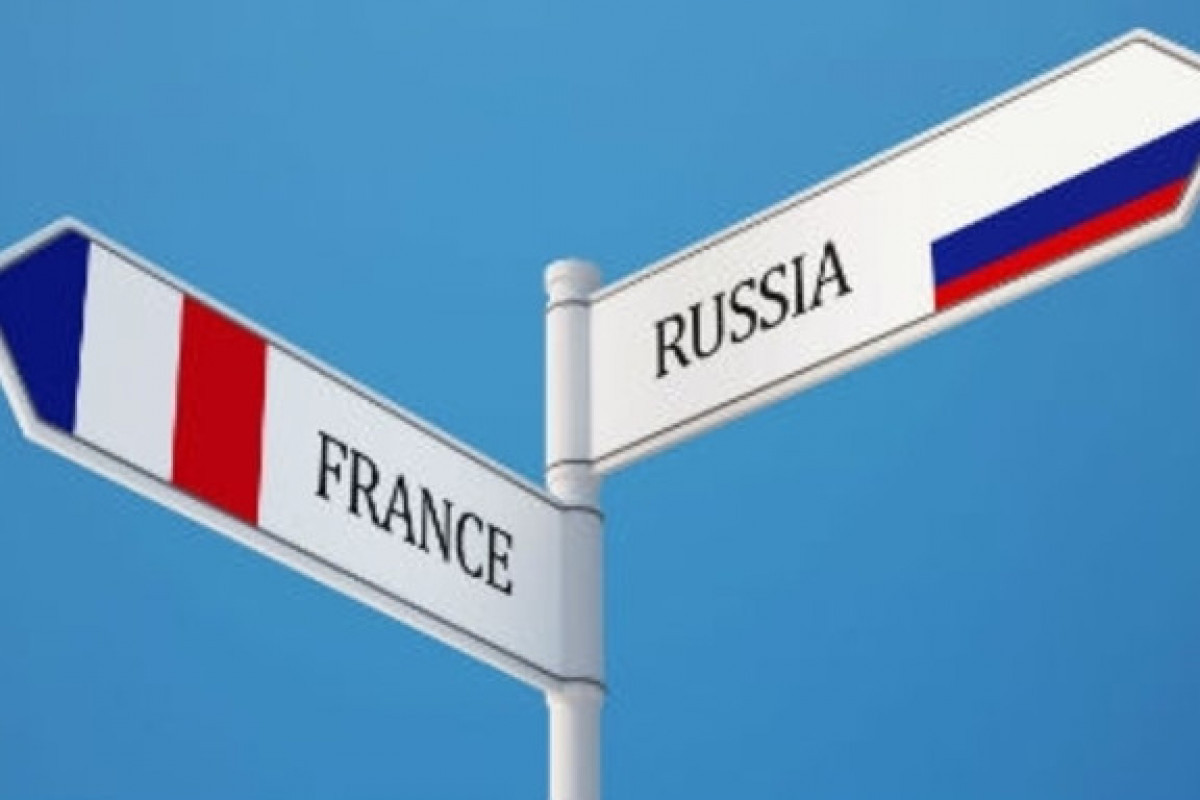Istanbul. Mayis Alizade – APA. After the end of the Cold War, it was known in advance that “Armenian genocide” would be used as a main card to influence Turkey. The parliaments of the world, turning a blind eye to the Khojaly tragedy, that was the first genocide after the Cold War, and avoiding its legal-political assessment, so paving the way for the Srebrenica genocide have characterized the events of 1915 as “Armenian genocide” since the mid-90s, and tried to establish a daily working mechanism of pressure on Turkey. As sick Ecevit was unable to react to the decisions passed by the parliaments of foreign countries at the beginning of the 21st century, expecting it from Bahceli who couldn’t read the world and Mesut Yilmaz, not being trusted within his party was nothing more than ignorance.
We should stress that the AKP government began to build the barriers against decisions on “genocide” passed by foreign parliaments as it come to power in November, 2002. Predicting that Turkey would suffer, Abdullah Gul, who handed over his post of Prime Minister to Erdogan and became a Foreign Minister, started to work properly within the Parliamentary Assembly of the Council of Europe in 2005 - in the 90th anniversary of "genocide" claims. Since then, Turkey, especially the Foreign Ministry and National Assembly have been giving prompt response to “genocide” decisions adopted by foreign parliaments.
The department on the “genocide” was established at the Ministry of Foreign Affairs at that period. Turkish Historical Society and scientists in various universities strengthened activities for raising public awareness about “genocide” claims in parallel with political and diplomatic steps.
Orhan Pamuk and Hrant Dink were rare findings for the forces trying to use more intensively inside and outside the card of "Armenian genocide" on Turkey by 2005; With his words “the Turks killed one million Armenians and thirty thousand Kurds” in an interview to the Swiss magazine in early 2005, Orhan Pamuk has given “the most valuable gift” to EU representatives, who were specifying “the restriction of freedom of speech and expression in Turkey”, which appealed for permanent membership in the EU. And these words brought the Nobel Prize to Pamuk in 2005, but it became important in 2005 to those who intended to turn the claims of "Armenian genocide" against Turkey to a mechanism of constant pressure. And this importance was equal to the Nobel Prize in Literature Orhan Pamuk won in 2006. During the 90th anniversary of “genocide” claims, this was the greatest victory of those who tried to build a functional mechanism of pressure by the claims against Turkey. Because according to them, Turkey was democratizing and Pamuk’s statement was entering the boundaries of freedom of speech and expression.
From the point of view of Turkey, the most important event in the 90th year of the “genocide” claims was the state’s taking a clear political position regarding this issue: On 13 April 2005, addressing the parliament, Foreign Affairs Minister Abdullah Gul stressed that their ancestors haven’t committed genocide and they will never accept the slanders. Both parties represented in the Parliament, namely AKP and CHP signed a declaration to express the same position against the claims. At that time, in all his speeches regarding the issue, the key point that Abdullah Gul drew attention to was: “We demonstrated our position in the 90th year of the claims and our main goal is to further prepare for the 100th year of the claims”; Those who followed these issues might remember Gul’s former warnings. At the initiative of Sukru Elekdag and Onur Oymen, the MPs of the main opposition party, the issue was constantly kept on the Parliament’s agenda and the Parliaments of the countries which intended to recognize the "genocide" were warned and it often produced results.
In terms of Turkish policy and civil society, the most important event of that period happened in Lausanne, Switzerland in three and a half months after the speech by Foreign Minister Abdullah Gul in the Turkish Grand National Assembly; the Turkish delegation led by Rauf Denktas, founder and President of the Turkish Republic of Northern Cyprus, held a rally in Lausanne on the 82nd anniversary of the Lausanne agreement, which was the basis for the establishment of the modern Turkish Republic. For the words ““Armenian genocide” is an international fraud” during his speech in the rally, Workers' Party (Ä°P) leader Dogu Perincek was detained by the Swiss police and interrogated in the prosecutor’s office. He was released only after the political interference of Abdullah Gul and sentenced to 3-month imprisonment under court judgment, but his sentence was commuted to a fine. Then Perincek returned home and began to establish the Telet Pasa (Talat Pasha) Committee. Perincek became the coordinator of the Telet Pasa Committee, established on January 22, 2006 with the participation of Rauf Denktas, AKP Istanbul deputy Nevzat Yalçintas, CHP Ardahan deputy Ensar Ensar ÖÄŸüt, as well as a number of politicians, diplomats, servicemen and scientists. Then the Foreign Ministry has allocated $1.5 million to the Committee for propaganda and research works. Rallies held in a short time in Berlin, Paris, London (a number of people from Turkey went to the rallies held under the slogan “Take your flag and come” where Azerbaijan’s flags were also waved) by the Telet Pasa Committee, which was aimed at uniting the Turks in Europe against the claim “Armenian genocide” and promoting the abolishment of decisions taken by parliaments of foreign countries, as well as the documents brought from the archives of various countries and translated into Turkish, English, German, French contributed to the Turkish Foreign Ministry; For example, the book entitled “Dashnaktzoutune has nothing to do any more” authored by Ovanes Kachaznuni was translated into Turkish and other Western languages, sent to the Turkish diplomatic missions abroad and recommended to use it as the best evidence that can reduce the “genocide” allegations to nothing.
The 5-6 month long activity of the Telet Pasa Committee resulted in the European Parliament sending the “Abolish the committee” request to Turkey; following the request which was sent in August 2006, the pressure on the committee, Denktas, and Workers’ Party began to increase, and leaders and active members of the Telet Pasa Committee were arrested on charges of “creating and ruling a terrorist organization” beginning in the spring of 2008. Mehmet Perincek, who was back with three suitcases full of documents from Russian archives in the summer of 2011, would be arrested a few days later. The indictments prepared on those sent to Silivri Prison the charge “propagating Ergenekon terrorist organization (referred to the books published and events held on refuting so-called Armenian “genocide” claims) hurting the Armenians’ national emotions” was the primary one. Despite mounting pressures, the Telet Pasa Committee continued its activity, and the last coordinator, former rector of Istanbul University Kamal Alemdaroglu had gone to the hearing for the process called “Ergenekon” during which the verdict was announced with his suitcase ready. He was arrested and sent to Silivri Prison. The investigation of the case of the Telet Pasa Committee leaders who were released on the basis of “being held custody unfairly for a long period” with the Constitutional Court’s verdict is expected to restart. In 2008, another defective process occurred in the Turkish Historical Society: Professor Yusif Halacoglu who stood against so-called Armenian genocide claims (For instance, he offered $15,000 for the Dashnaks in the U.S. to open the archives in Boston) and prevented Turkey-Armenia relations from returning to normal was dismissed from his post as head of the society. The Turkish Historical Society lost its function as Erdogan’s government, making amendments to the law, abolished the society’s independence.
The issues of opening the Turkey-Armenia border and normalizing relations between the two countries began to be discussed after two events that took place in the first half of 2008 – the arrest of the Telet Pasa Committee’s leaders and the dismissal of researchers and the head of the Turkish Historical Society who resisted against the genocide claims.
If so, there was no such an idea as “the opening of the border with Armenia and normalization of relations between the two countries” in the 90th year of the Armenian “genocide” claims. Then how and from where it all came to that stage?






 ANALYSIS'>
ANALYSIS'>